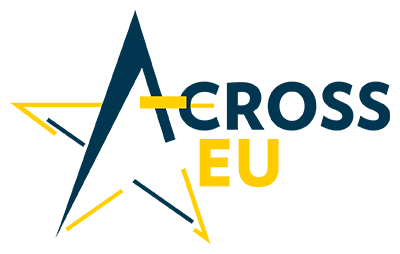The geographical balance of the Consortium, together with the complementarity of our universities, consolidates our European added value. By virtue of their peripheral location, all our institutions have developed a strong link with the global population and its stakeholders, and have played an active role in the dissemination of European values in their territories. The AcrossEU Consortium now appears to be a fantastic opportunity to raise the international aspirations of our students, staff and community
Our collaboration creates a rich tapestry of expertise, from historic centres of knowledge (Caen, Fribourg, Siena or Valladolid) to modern institutions (Skopje, Rovaniemi, Pardubice), that drive societal progress through education and research accessible to all our communities.
If most these institutions are comprehensive universities, which will facilitate our mutual cooperation, their profile demonstrates interesting complementarity in terms of education or research expertise. Closely linked to their territories, this diversity will also influence our capacity to support innovation.
Members
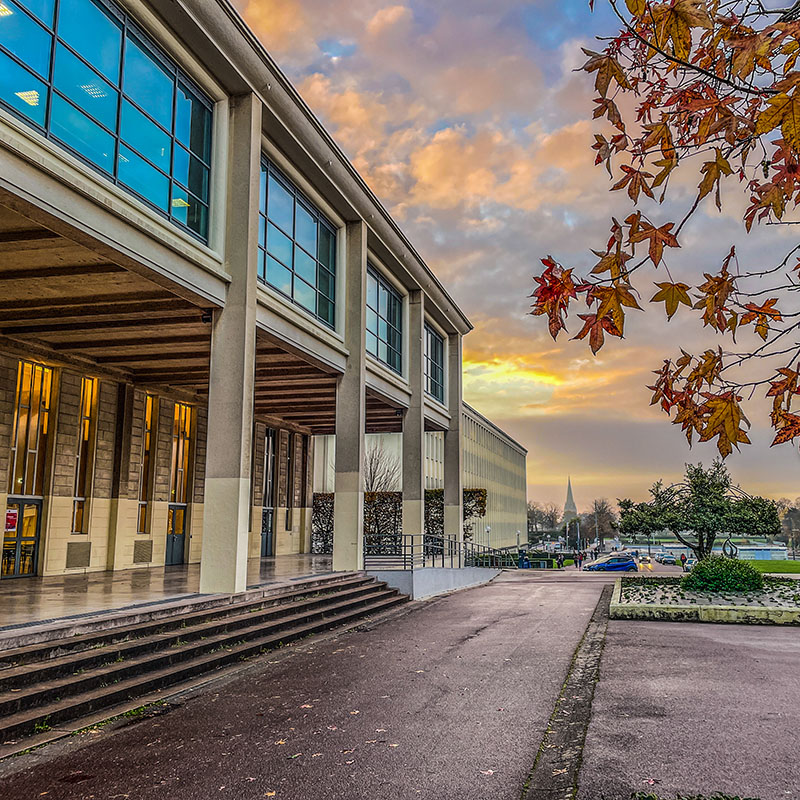
UNICAEN, established in 1432 by King Henry VI of England, stands as one of Europe’s oldest universities, offering a comprehensive education to over 33,000 students across twelve departments, institutes, and graduate schools.
UNICAEN plays a crucial role in the AcrossEU consortium, aligning with its mission and development strategy by leveraging its regional connections and campuses to foster local and international collaborations. The university champions entrepreneurship through initiatives like PEPITE and engages in community-focused projects with le Dôme, emphasising Science with and for Society.
UNICAEN’s commitment to innovative education is evidenced by its participation in the European Network of Innovative Higher Education Institutions (ENIHEI) and its active role in the New European Innovation Agenda. Responding to the France 2030 Investment Plan, UNICAEN has initiated several transdisciplinary projects, securing four projects under the Compétences et Métiers d’Avenir7 call. It focuses on preparing future professionals in critical areas such as digital health, AI, cybersecurity, and nuclear professions, notably launching a new pathway in “Artificial Intelligence, Data Science and Health” within its Computer Science Master’s programme.
A pivotal component of UNICAEN’s approach to aligning education with future workforce needs is its Club Phenix, a network of over 4,500 local stakeholders dedicated to preparing professionals in fields critical to future trends, such as digital health, AI, cybersecurity, and nuclear professions. This collaboration underscores the university’s proactive stance in adapting to and shaping future professional landscapes.
As the lead for WP1 (Project management and coordination), UNICAEN is at the forefront of managing the AcrossEU consortium, drawing on its capacity and experience to foster the development of an innovative, sustainable international university network.
Region: Normandie – see location on map
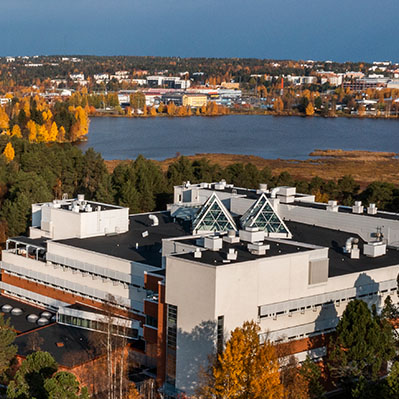
ULAP, positioned as the northernmost university in the European Union and nestled in Rovaniemi, Finnish Lapland’s capital, was established in 1979. ULAP is renowned for its comprehensive research and educational offerings across various disciplines, including arts and design, education, law, social sciences, and tourism, with a particular emphasis on northern and Arctic issues. The university is dedicated to advancing sustainable development, justice, well-being, equality, and culture-based service design, making impactful contributions at local, regional, and international levels.
Central to ULAP’s mission is its focus on Arctic and northern change, aiming to develop scientific knowledge that ensures the prosperity of northern societies and their natural environments. The university holds a national mandate to research indigenous Sámi rights and societal issues, with its Arctic Centre serving as a crucial node for national and international Arctic research and policy consultancy.
ULAP’s involvement in international networks is extensive, being a founding member of the University of the Arctic8 (UArctic) and participating in the Arctic Five partnership, which focuses on education and innovation for a sustainable Arctic region. These networks underscore ULAP’s commitment to collaborative research and education, enhancing its global and regional contributions.
Leading the AcrossEU Lighthouse (WP2), ULAP aims to foster collaborations and employ foresight to proactively navigate and influence future trends, supporting the AcrossEU’s broader objectives.
Region: Lapland – see location on map
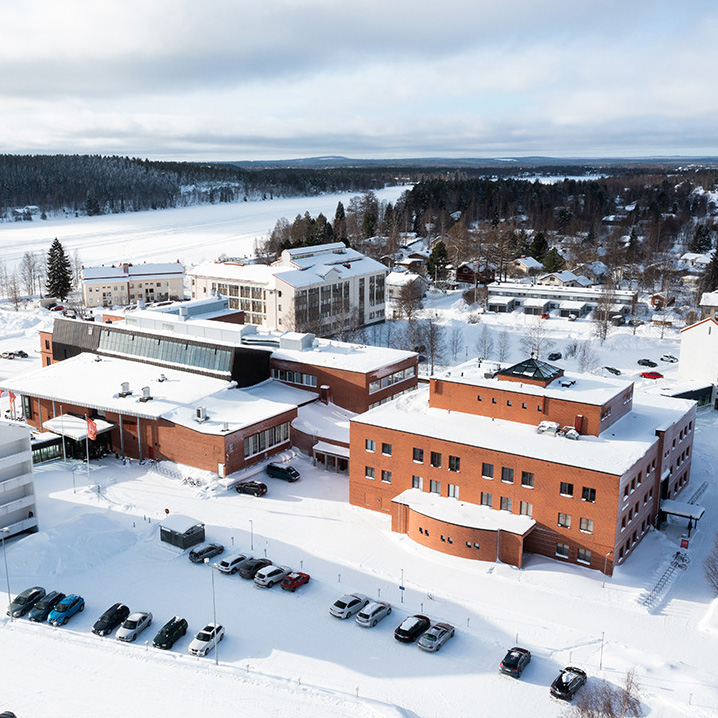
Lapland UAS specialises in vocational education aligned with labour market demands, focusing on regional development in Finland’s extensive Lapland province. It addresses the unique challenges of its Arctic setting—such as sparse population and environmental fragility—by fostering digital and green transitions, as highlighted by its master programme on Managing Sustainability and Systems Change.
Lapland UAS enhances AcrossEU with its practical, competence-based learning approaches, employing projects and living labs (e.g. TEQU, FrostBit) to solve real-world problems, thereby supporting its co-leadership of the Do-Tank Service to Society. It also emphasises continuous learning and digital education to adapt to the region’s logistical challenges, contributing its insights as a co-lead of the Do-Tank Institutional Capacity Development.
As a member of AcrossEU, Lapland UAS aims to leverage the consortium’s diverse environments for research and learning, offering its expertise to address Arctic challenges while benefiting from the initiative’s collaborative framework.
Region: Lapland – see location on map
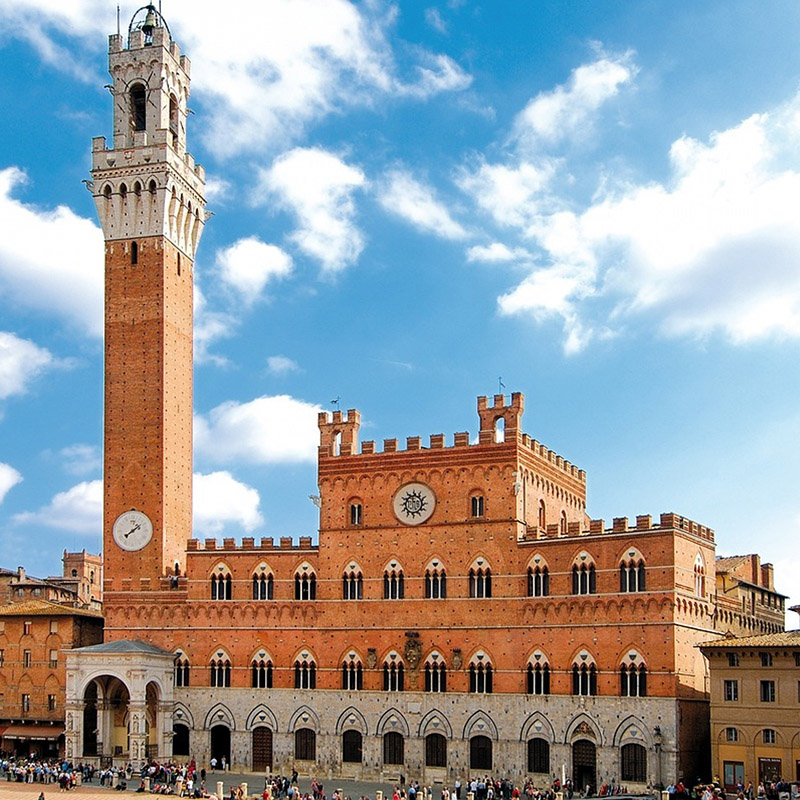
Established in 1240, UNISI is among the oldest universities in Europe. It offers a wide range of academic programmes across its 14 departments, including 75 degree programmes (both Bachelor’s and Master’s), 18 PhD programmes, and various vocational and professional courses. UNISI is notable for its international focus, with about 20 programmes taught entirely in English and 17 double degree programmes in partnership with 15 universities worldwide. It boasts a rich network of six museums, a language centre, and five branch libraries, reflecting its comprehensive disciplinary spectrum.
UNISI stands out for its commitment to openness and international collaboration, maintaining bilateral agreements with over 700 higher education institutions globally. International students constitute more than 10% of its student body, representing over 100 countries, demonstrating UNISI’s role as a global academic hub. The university has recently launched a special programme for asylum seeker students, responding to the needs arising from international crises. Dedicated to fostering a culture of peace and humanitarian action, UNISI has established the Just Peace advanced office to support students and researchers seeking international protection or coming from risk areas. Furthermore, its Jean Monnet Centre of Excellence, Credo, focuses on international cultural relations and diplomacy, aiming to influence EU policy-making through research and insight. UNISI plans to leverage this expertise in leading the Do-Tank Service to Society within the AcrossEU consortium, showcasing its longstanding tradition of scientific cooperation and societal engagement.
Region: Toscana – see location on map
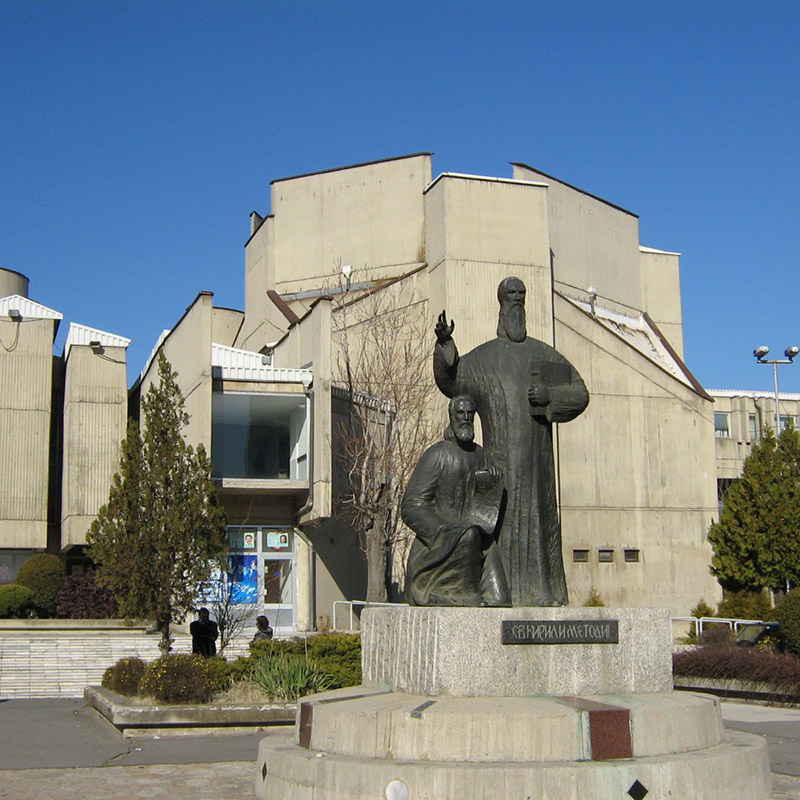
UKIM, established in 1949, is North Macedonia’s largest and oldest national university, comprising 23 faculties and five research institutes. UKIM stands at the forefront of education, research, and international cooperation in the region, engaging in numerous projects under Horizon Europe, ERASMUS+, and other significant programmes9. It holds over 85 bilateral agreements worldwide and is active in several prestigious academic networks10, emphasising its commitment to high-quality, globally competitive education and research.
As a leader in research, technology transfer, and innovation within North Macedonia, UKIM plays a vital role in national policy-making, strategy development, and collaboration with the business sector. UKIM has been the Coordinator of the Enterprise Europe Network in North Macedonia since 2009 and is part of the EIT-funded project Innovation and Entrepreneurship in the domains of digital transformation, circular economy and sustainable development. Joining the AcrossEU consortium aligns with UKIM’s mission to achieve excellence in education and science, fostering European standards across all its activities.
Within AcrossEU, UKIM focuses on enhancing capacities in education, research, innovation, and societal service, deepening its cooperation with consortium members and leading WP7, the dissemination and impact of the Consortium.
Region: North Macedonia – see location on map
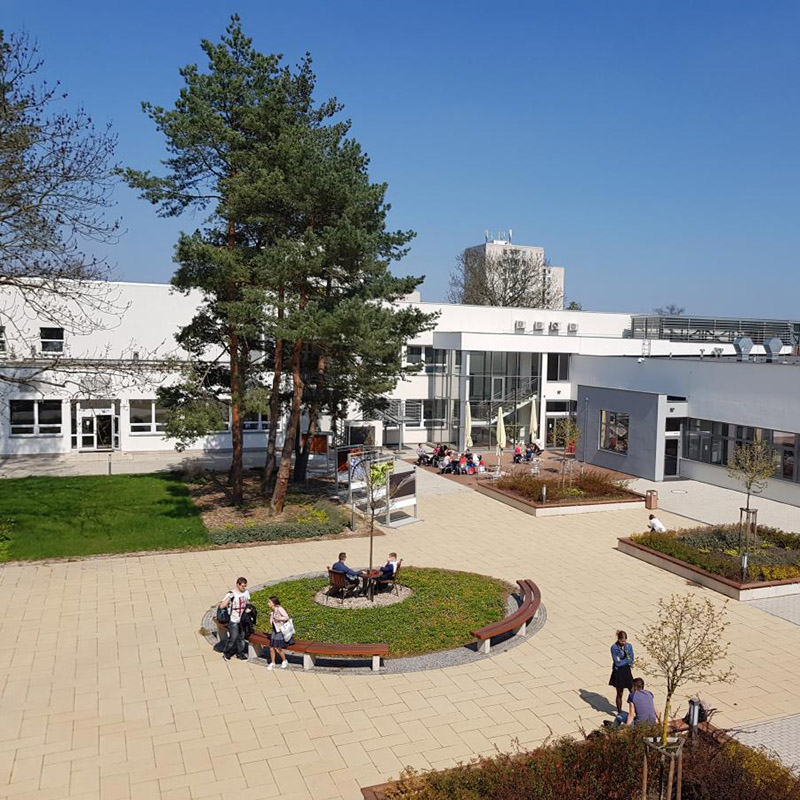
With a history extending over 72 years, UPCE has evolved into a multidisciplinary university. Its seven faculties offer an array of Bachelor’s, Master’s, and doctoral programmes in natural, technical, social, and economic sciences, alongside arts and health studies, totaling over 200 degree programmes.
UPCE exemplifies a model of centralised support services for its academic community, featuring departments dedicated to academic counselling, support for disadvantaged members, mobility and internationalisation, quality human resources, technology and knowledge transfer, foreign language learning, and project management. This centralised approach positions UPCE as a valuable contributor to the AcrossEU consortium, particularly in leading the Do-Tank Institutional Capacity Development (WP3), where it will share its experience in establishing unified principles and procedures.
Additionally, UPCE champions comprehensive initiatives such as SAFE UPCE, promoting a safe, inclusive, and inspiring environment; Sustainable UPCE, integrating sustainable development across its operations; and the HR Strategy for Researchers, aimed at enhancing human resources management in research. The university’s methodologists, survey specialists, trainers, and mentors bring expertise in action plan development, targeted surveys, and common guidelines, all of which will be shared with AcrossEU members to foster awareness, motivation, and inspiration within the academic community.
Region: Pardubice – see location on map
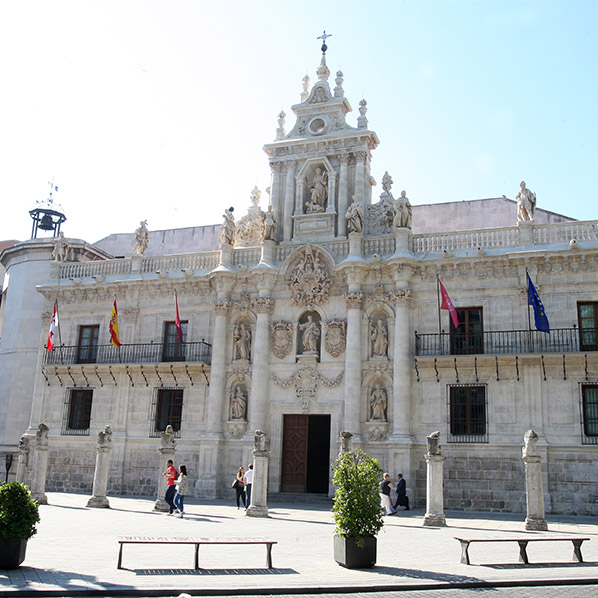
UVA, established in the 13th century and located across four campuses in Castilla y León, Spain, serves 22,000 students in a wide range of disciplines. Internationalisation and digital transformation are strategic priorities for UVA, which has solidified its global engagement through numerous Erasmus+ agreements and stands out for its innovative teaching methods supported by the Virtual Teaching Centre (VirtUVa).
UVA’s research excellence, highlighted by the Seal HR Excellence in Research (HRS4R) obtained in 2020 as well as significant funding achievements and a leading position in Spain for patents, underpins its leadership in the AcrossEU Do-Tank Research and Innovation. The university’s collaboration with regional and local authorities, as well as its entrepreneurship unit UVaemprende and the scientific park, facilitates entrepreneurship, industry cooperation, and the transfer of research outcomes.
With high performance in teaching, research, knowledge transfer, and regional development, UVA brings a comprehensive and dynamic approach to the AcrossEU consortium. Its commitment to promoting employability, upskilling, and reskilling aligns with AcrossEU’s objectives, making UVA a key contributor to the consortium’s success.
Region: Castilla y Leon – see location on map
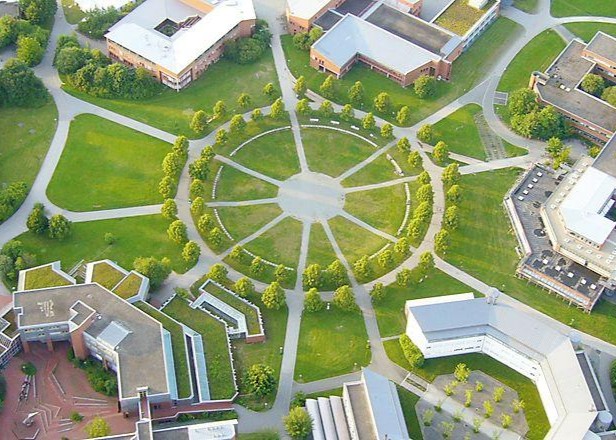
Established in 1975, the University of Bayreuth is one of Germany’s most successful young universities and is ranked 38th among the world’s top young universities in the THE Young University Ranking. With around 12,000 students, seven faculties, and more than 186 interdisciplinary degree programmes spanning natural sciences, engineering, food sciences, law, economics, humanities, and cultural studies, UBT serves as a vibrant hub for academic innovation and regional development.
UBT is internationally recognised for its interdisciplinary research profile, including the Africa Multiple Cluster of Excellence, the globally renowned Bavarian Research Institute of Experimental Geochemistry & Geophysics (BGI), and its leading polymer and colloid science community. The university’s dynamic ecosystem also encompasses strategically significant structures, including the Institute of Entrepreneurship and Innovation, the Bavarian Center for Battery Technology (BayBatt), and the Medizincampus Oberfranken. Each of these entities contributes to cutting‑edge research, technology transfer, and societal impact.
UBT boasts a strong record of external funding, with regional, cross-border and EU projects alongside numerous projects funded by Germany’s national funding bodies (Fraunhofer, AvH, DAAD, DFG). Its continuous success in securing third‑party funding—€55 million—underscores its role as a strong research partner both regionally and internationally.
Committed to addressing key societal challenges, UBT integrates internationalisation, digitalisation, equal opportunities and diversity, and sustainability as cross‑cutting priorities throughout its strategic development.
Region: Upper Franconia – see location on map
Associated Member(s)
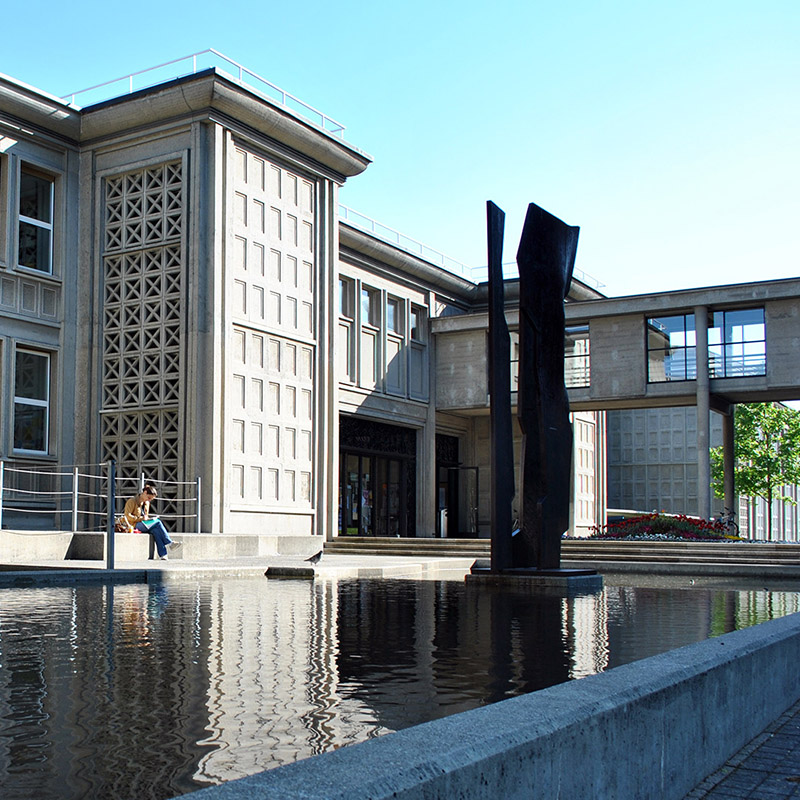
The University of Fribourg (UNIFR), established in 1889 in Switzerland, bridges German- and French-speaking regions, enriching its 10,500 students with a bilingual and multicultural learning environment. Offering programs in five faculties, UNIFR integrates diversity and inclusion into its core, with courses available in French, German, and increasingly in English.
Central to Fribourg’s community, UNIFR significantly impacts the region’s cultural and economic life. It champions multilingualism through its Institute of Multilingualism, contributing to the Do-Tank Education and Learning within the AcrossEU consortium. Unifr promotes entrepreneurial thinking and innovation, preparing students and researchers for creative challenges. It will assist and work closely with Umeå University to co-lead the Do-Tank Education and Learning, focusing on digital transformation.
Through its involvement in AcrossEU, UNIFR seeks to advance its strategic goals, fostering educational, research, and societal transformations. This participation underscores its commitment to preparing students for critical thinking and societal responsibilities in a changing global landscape.
Region: Fribourg – see location on map
Associated Partners
- Normandie Region – FR
- Relais d’science-Le Dôme – FR
- Regional Council of Lapland – FI
- RRAPK- Regional Development Agency of the Pardubice Region – CZ
- Center for the Development of the Skopje Planning Region – MK
- TOUR4EU-Tuscan Organisation of Universities and Research 4 Europe – IT/BE
- Government of Castilla y León Autonomous Community – ES
Support partners
- ADNormandie – FR
- Normandie Incubation – FR
- Lapland Chamber of Commerce – FI
- Macedonian Chambers of Commerce – MK
- Economic Chamber of North Macedonia – MK
- Chamber of Commerce of Arezzo-Siena – IT
- Valladolid City Council – ES
- Valladolid Chamber of Commerce – ES
- Ville de Fribourg – CH
- State of Fribourg – CH
Project Financial Support
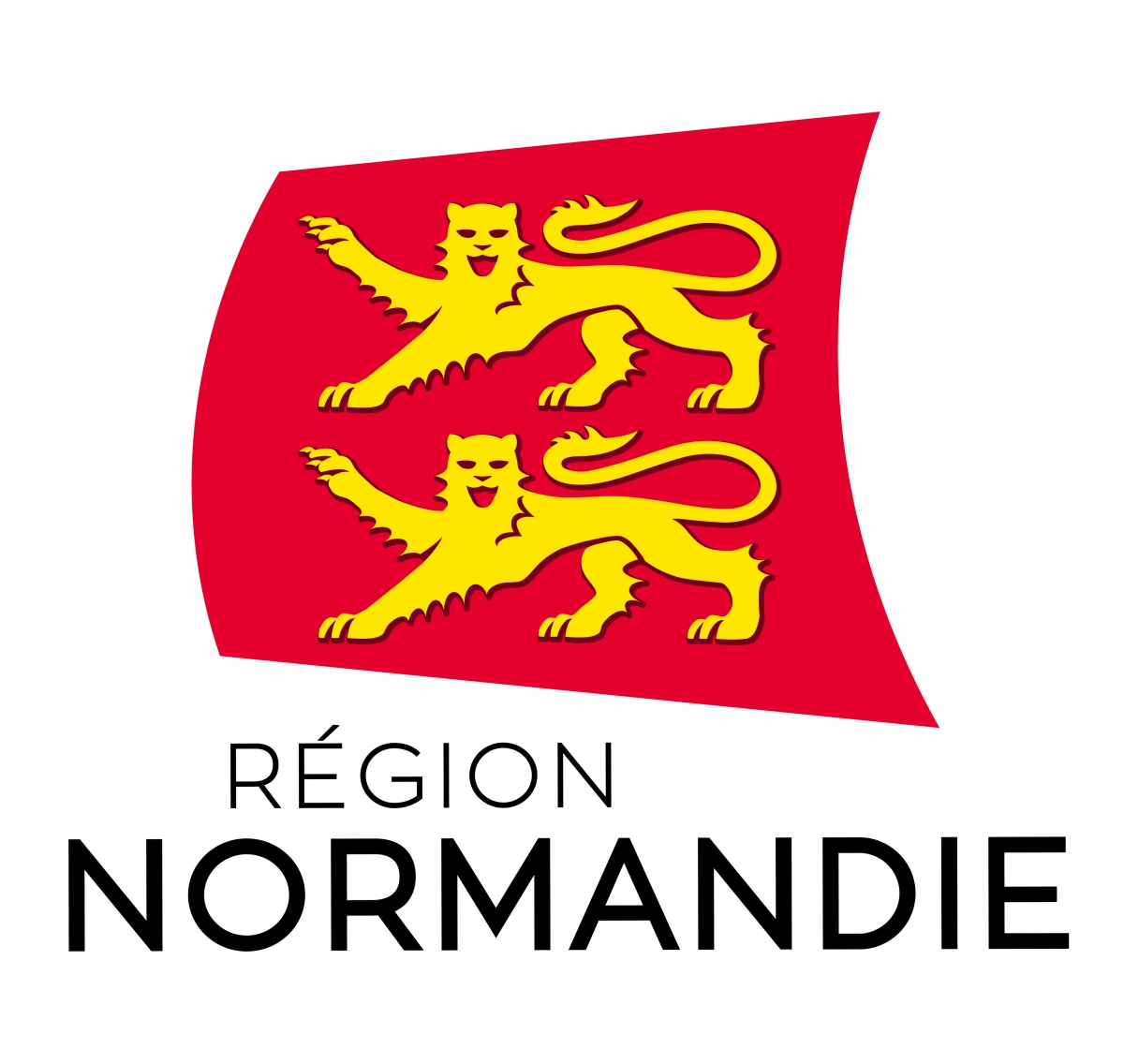
The Normandy Regional Council (Région Normandie) is officially supporting the project by granting a €280,000 seed fund to help engage the first actions, including the development of the Consortium website.
